To help students identify and understand ethical strategies for sharing online content with others.
- Subject:
- Cross-Curricular
- Material Type:
- Lesson
- Provider:
- Virginia Internet Safety Advisory Council
- Provider Set:
- 2024
- Date Added:
- 03/15/2024
To help students identify and understand ethical strategies for sharing online content with others.
PURPOSE
To help students understand ethical and responsible methods for creating new content with others’ work.
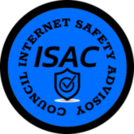
The intent of these resources is to support teachers in implementing digital literacy into their teaching practice and to help them to develop digital literacy lessons and activities that suit their students' needs.
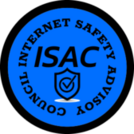
Offers quiz that helps students assess the impact of their personal social media habits.
The following lessons and videos are designed to help you teach essential digital citizenship concepts of copyright and creativity, and to get students thinking and talking about how these concepts relate to their own online activities as both consumers and creators of creative work. The lessons have been scripted in detail to help presenters feel confident as they communicate copyright concepts, including fair use and other copyright limits.
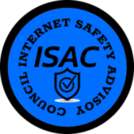
NetSafe Utah provides online videos and resources for kids, teens, parents and educators, including Internet Safety information that Utah schools need to meet the Children's Internet Protection Act (CIPA) requirements.
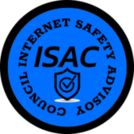
Lists healthy relationships and sex conversation starters for health care providers, counselors, social workers, mentors, and other adults who work with Muslim high school and college-aged youth. Students can also use the card to help their friends and consider cultural and religious factors in their decision-making.
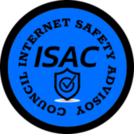
Students will be able to define sextortion, explain
common tactics and threats used by extorters,
learn how to avoid being sextorted online, and
outline options available to victims of sextortion.
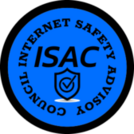
This is a resource that describes the 5 Ws of Online Enticement.
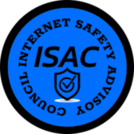
“Into the Cloud” is an animated digital safety web series intended for children ages
10 and under. Season 1 focuses on issues including cyberbullying, online privacy,
online distractions, misleading information, and inappropriate online behavior.
Season 2 tackles livestreaming and gaming and dives deeper into the issue of inappropriate
online behavior and the potential consequences and dangers lurking online.
The following activities are meant to be led by mature middle and high school students acting in a
mentorship role with a younger student. They are best practiced in a 1:1 or small group setting. This format
fosters closer relationship building between the students and their mentors and encourages more honest and
open conversations.
Facilitating these activities with younger children may count towards community or school service hours,
check with your program coordinator for more information. Each activity may take between 30 minutes and
1 hour.
NOTE: Activities marked with Ages 8+ are best conducted with children who are at least 8 years old.
All videos are available on YouTube or on the kid-safe site NetSmartzKids.org/videos.

Teach Digital Citizenship: Free lessons and activities that help students build essential digital habits and skills
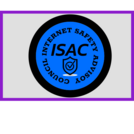
Parents and caregivers should set rules that reduce “screen time” by limiting the amount of time children spend on the computer, watching TV and playing video games. The time spent in front of the screen could be better spent being more physically active.
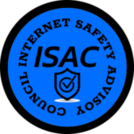
Helps middle school and high school youth identify the media's messages related to dating and relationships so that they can develop their own ideas and values and choose healthy relationship behaviors.
Cyber S.W.A.T. is a peer-to-peer program designed to educate youth about online safety. Program facilitators use the provided curriculum and activities to help facilitate tough conversations about bullying, online predators, and other online risks. The peer mentors then reach out to other school-aged students to share what they’ve learned and present projects they have created to tell real stories about online safety and online risks.
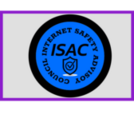
This is a One Pager that describes good habits and digital citizenship skills for students.
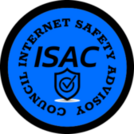
This is a resource for students that describes sharing information appropriately.
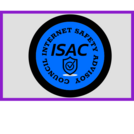
Technology can eat away huge amounts of time for everyone in the family…computers, televisions, video games and phones. But did you know that the average child watches more than 2,300 hours of television each year, compared with only approximately 1,200 hours spent in school? As parents, we set the limits and examples. Try these suggestions to help your family cut back on screen time while still having fun.
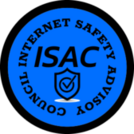
This is a resource that is used to explain the appropriate use of Social Media for students.
Welcome to Social Media TestDrive, an educational program for teaching digital citizenship skills and online prosocial behaviors! TestDrive prepares young people for real-life experiences in the digital world through learning and practicing within a realistic social media simulation.
When adults respond quickly and consistently to bullying behavior they send the message that it is not acceptable. Research shows this can stop bullying behavior over time.
Parents, school staff, and other adults in the community can help kids prevent bullying by talking about it, building a safe school environment, and creating a community-wide bullying prevention strategy.